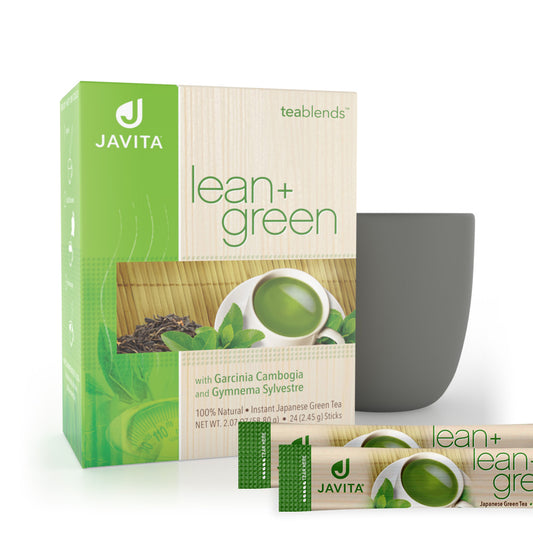Lion’s mane mushrooms (Hericium erinaceus) are big, white mushrooms that resemble a lion’s mane (hence, the name) and frequently grow on dead and decaying trees throughout North America, Europe, and Asia. They have been used extensively in Asian countries such as Korea, Japan, India, and China. Recently, the demand for these mushrooms has grown quickly since they have several applications in the food, pharmaceutical, and cosmetics industries.
Considered the smart mushroom because of its ability to improve memory, focus and clarity, research shows that Lion’s Mane mushroom can boost immunity by increasing the activity of the intestinal immune system, which protects the body from pathogens that enter the gut through the mouth or nose. These effects are believed to be due to changes in gut bacteria that stimulate the immune system.
In addition to superior immune defense, some of the other promising ongoing research on Lion’s Mane includes:
- Beta-glucans have been shown to stimulate the immune system by activating certain white blood cells called macrophages, which help fight off infections. The immune-boosting properties of Lion's mane mushroom may help keep the body healthy during cold and flu season.
- Research shows that lion’s mane mushrooms contain powerful anti-inflammatory and antioxidant compounds that may help reduce the impact of these illnesses. In fact, a 2012 study found that lion’s mane had the fourth highest antioxidant activity and recommended it be considered a good dietary source of antioxidants.
- Lion’s mane is known for its strong antioxidant properties and has been the focus of countless studies. Antioxidant effects and reduced total oxidative stress are believed to be key in maintaining daily health and general wellness, given the role that oxidative stress has on many conditions.
- Lion’s mane has been used in traditional Chinese Medicine for centuries in the treatment of chronic gastritis.
According to Healthline.com many benefits have been associated with the use of Lion’s Mane mushroom including protection against dementia, reducind mild symptoms of anxiety and depression, and help repair nerve damage. It’s also been shown to have strong anti-inflammatory, antioxidant, and immune-boosting abilities and to lower the risk of heart disease, cancer, ulcers, and diabetes in animals. While the current research is promising, more studies involving humans are needed to develop practical health applications for lion’s mane mushrooms.






